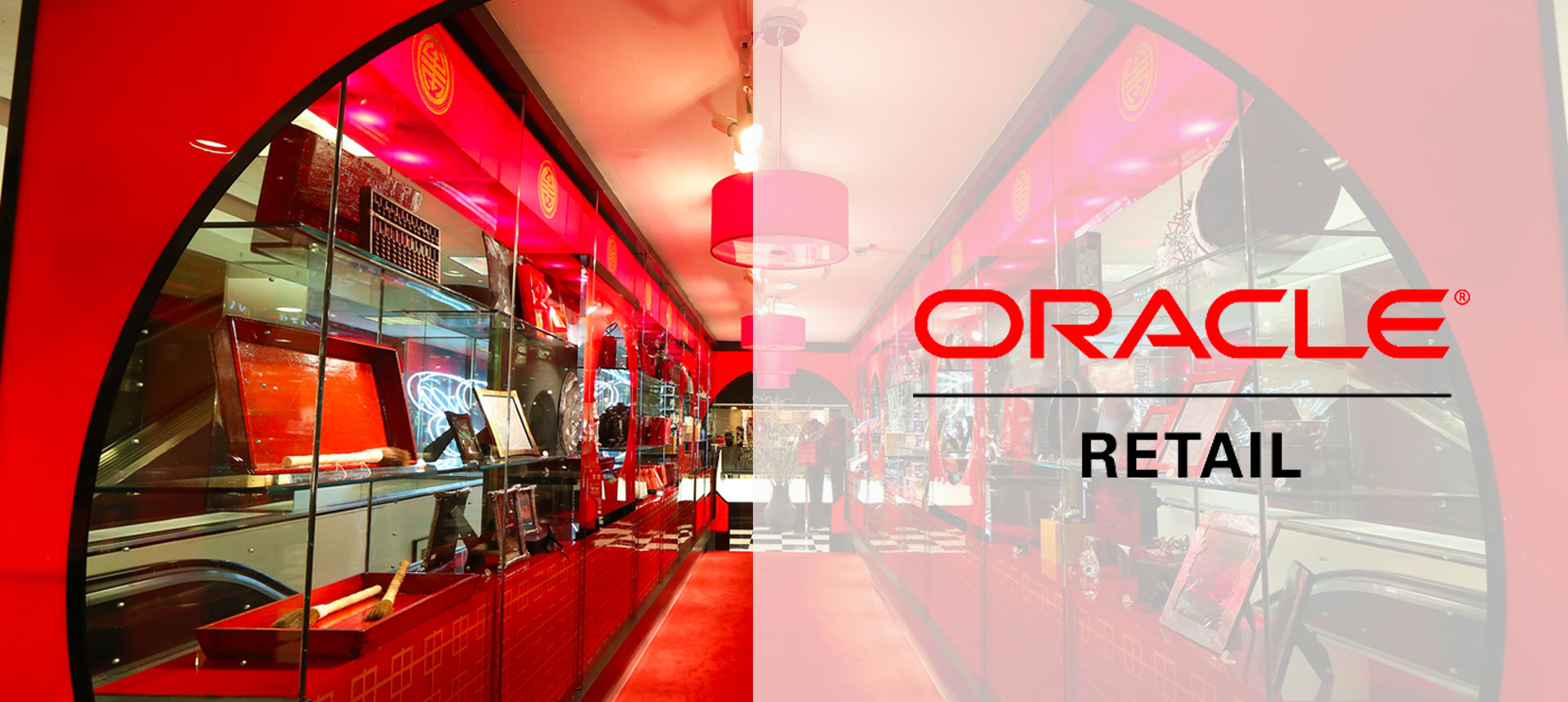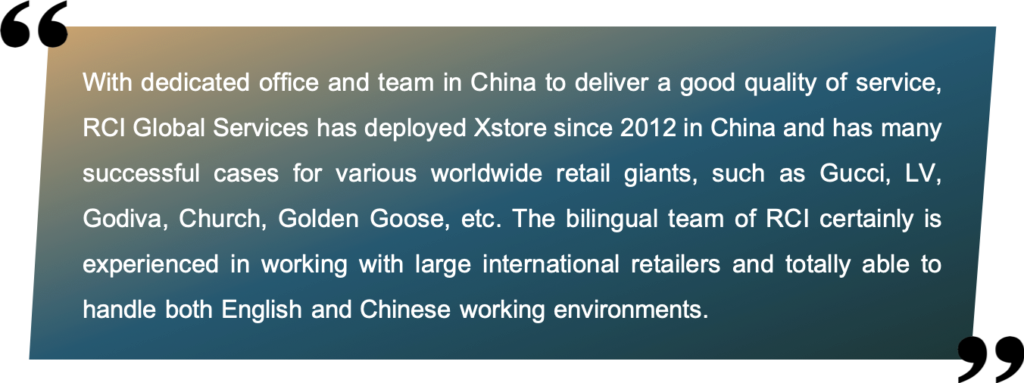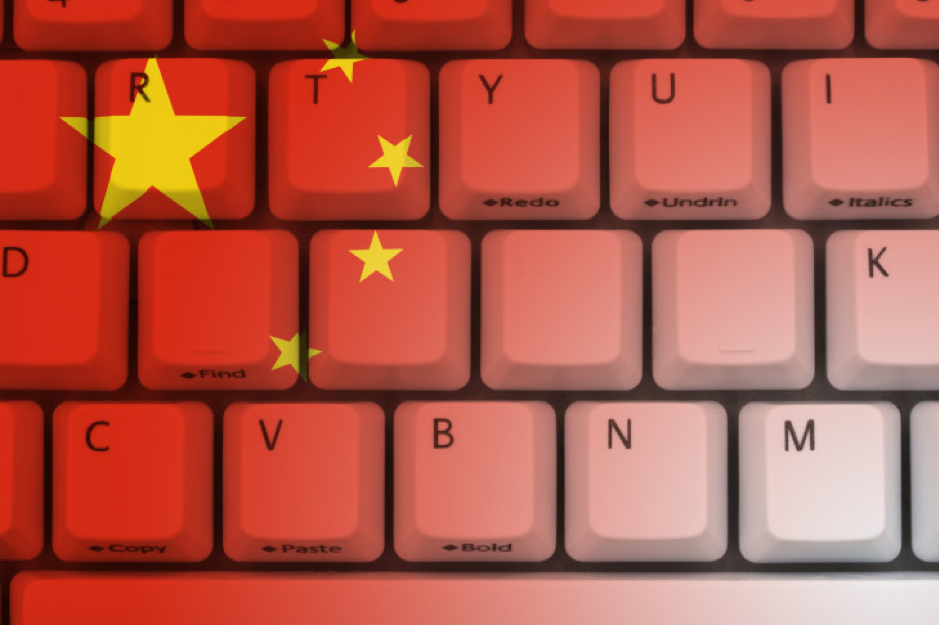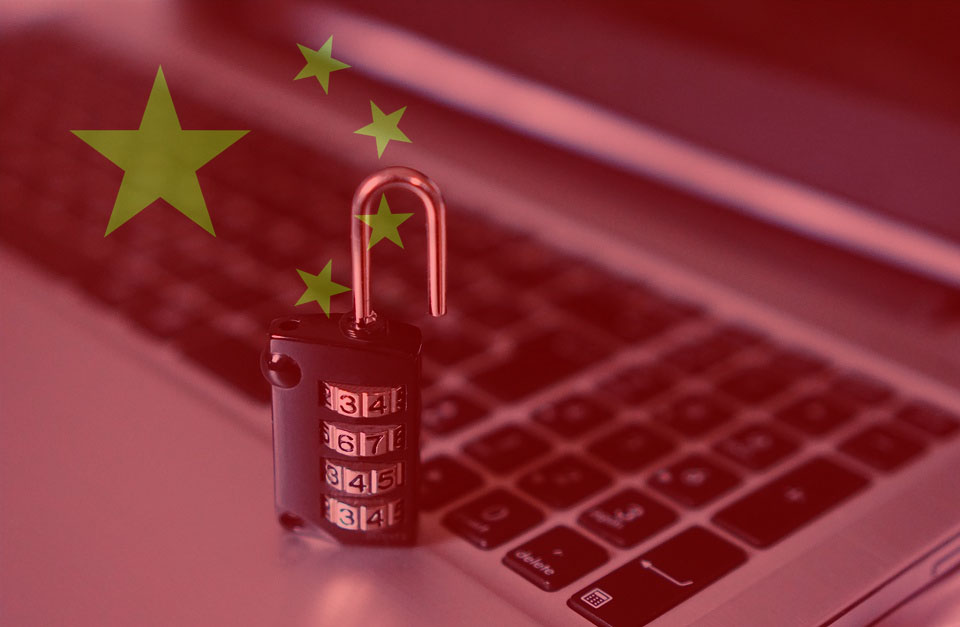
Oracle Xstore POS is famous for its robust point-of-service functionality and platform enables retail staff to deliver on the brand promise in store with inventory visibility, omnichannel, customer intelligence, and seamless transactions.
At this moment, we believe that Oracle Xstore POS is one of the best and trendy POS system in the world, being widely applied by various retailer giants (Kering, LVMH, etc.) not just because of its incredible accessibility and easy-to-use, but also because of its solid functionality that will truly improve your overall workflow and efficiency.
Perhaps, your company is one of those visionaries, already using Oracle Xstore POS to operate your retail business in certain markets such as Europe, US, etc., and now is planning to deploy this powerful solution to your business in China.
Before you do it, we would like you to read this article first, 5 GLODEN RULES to smoothly roll out Oracle Xstore POS in China, which will give you an insightful picture of carrying out a system rollout in this special and important market.
1. Find the right partner

China probably is the most unique country in the world. There are so many Chinese style things that can’t be handled by the western way. So when you’re talking about rolling out a new system in China, you can imagine how huge the challenge it’s going to be.
In such a special country like China, it’s very important to select the right partner smartly to help you deal with various unexpected situations since we’ve seen so many failure cases in the past caused by the terrible partner-selection methods.
Here are some major points you need to pay attention when you’re looking for the right partner:
Identify the real Xstore POS expert
Solely possessing rich rollout experience couldn’t be a guarantee, you also need to go find out if the team has solid Xstore POS experience. Even though Oracle Xstore POS is already a worldwide POS system nowadays, it’s still not being widely applied in China. Therefore, for those who Chinese IT vendors who claim they’re system rollout experts, very few of them really understand the Xstore POS.
Communication skill is crucial
The level of communication can be the key to make, or break, a project’s success. The language barrier is one of the major and critical issues for the project in China since English is not the primary language for communication there. How well do the team members interacting with each other and how well do the team understand your requirements are playing a critical role in the outcome of the rollout project.
Don’t look for the cheap one but the quality one
Actually, if you decide to choose a local vendor for your Xstore rollout in China, it won’t cost you a lot. But the quality aspect can be a concern. Just like what we’ve mentioned before, Xstore POS is still new to most of the IT vendors in China, which might affect the chance of system rollout success. Therefore, when you’re screening the vendors, we strongly recommend you don’t look for the cheap one but the quality one.
With a strong China background
It could be risky to directly enter such a special market like China without comprehensively preparation and study. So working with a partner with a strong China background can be an advantage for you. Strong China background refers to the degree of cultural understanding regarding Chinese customer behavior, Chinese working style, business-related regulations, business culture, etc.

2. Large geographical coverage

China is the largest country in Asia and the 4th largest country in the world. In this 9,596,960 sq km area, there are more than 1.3 billion people with different cultures, which is why China is one of the most potential markets in the world and no one can ignore it. On the other hand, it is going to be a huge challenge to carry out any big project in this complicated market.
For those retailers who’re already running a big volume of business in China, if you want to deploy the Xstore POS system here, the methodology becomes an essential aspect, choosing the most optimized approach by comprehensively evaluating your own situation before the rollout project.
For example, Caravane rollout is quite an effective approach for large-scale system migration in countries like China. To roll out a new system, this approach requires to divide the big country (ex. China) into several small regions/cities first, and then roll out the new system region by region (cities by cities). Caravane rollout approach involves using the existing and new system simultaneously so you need to work with both systems as you gradually learn the new one during the transition.
Another important consideration to deal with this large market is the team and geographical organizations, which we also believe is one of the keys to a successful full rollout in China.
If the team is based in the major cities?
Whether the team is based in the major cities is important for choosing the right rollout approach and creating an efficient rollout project. It’s also the key for carrying out the project smoothly because the well-developed transportation system in those major cities of China can greatly benefit the team’s flexibility during the project.
If the team has solid past experience in China?
Also, the past experience in China is worth to be considered. You should acquire whether team has helped other retailers carry out system rollout projects in China before, whether they have experience in working with Chinese, whether they can well meet the expectation of Chinese companies, etc.

3. Speed performance issue

Xstore is a centralized and real-time POS system. Since most of Xstore server (Xcenter) are hosted outside of China at HQ (Ex. Europe, US, etc.), it requires a good and stable internet/network performance for managing data accurately and efficiently.
China may have the most internet users in the world, but its average broadband internet speed is just 2.4Mbps. According to the latest report, which put China in only 141st place among 200 countries tested. By contrast, the United States is the 20th-fastest country, with an average broadband speed of nearly 26Mbps.
In general, the larger the nation is, the slower the internet access tends to be, so covering a massive area with high-speed connections simply take more time, effort, and money. The relatively low average speed in China also masks a big difference between major cities and less developed areas.
For another, the great China firewall can seriously impact the speed and performance of certain Xstore at in-store during sales operations with the customers. China uses several sophisticated methods to regulate the internet and because access to foreign websites is filtered through the Great Firewall, accessing them is considerably slower than accessing domestic ones. This is particularly true during high-usage times of the day, such as weekday evenings, as higher activity levels create a bottleneck. Systems, like Xstore, which host the server outside of China can be severely affected.

4. Customer data privacy – China Cybersecurity law

If you have built a CRM platform to store your customers’ data outside of Xstore Database, the China Cybersecurity law will impact or delay your projects in China.
China’s Cybersecurity Law provides an alternative vision about how nations may choose to apply the law toward cyberspace in the future. China’s Law requires network operators to cooperate with Chinese crime or security investigators, allow full access to data, and unspecified “technical support” to the government upon request, which may greatly be controversial to companies’ own policies and spend a large amount of time on optimizing their database with China’s cybersecurity law.
Of course, you can look for a local CRM solution that’s specifically dedicated for China market and totally able to sync with your global CRM database, but it’s not easy if you don’t insightfully understand the China regulation. There are many aspects that you need to consider when you’re screening a reliable alternative local CRM solution.
For instance, whether the CRM have a connection with Chinese platforms or payment methods is crucial. If it’s not, the data that CRM collecting may not be as thorough as it should be, thus impairing the CRM usability and usefulness to your business.

5. Simplified Chinese and Local support

After the system installation, you definitely need a timely professional help once there are any system related issues appeared, such as the usage problems, system upgrade, service desk request that need IT involvement, etc.
In China, providing proper support services can be challenged, mainly because of the language barrier. Despite English being taught in China for many years, few Chinese could be considered fluent in English and less than 1% of Mainland Chinese are conversational.
For the above reasons, there are a few things you should be considered when you’re thinking about the local support after Xstore POS rollout in China.
The user interface must be in Simplified Chinese
When you’re setting up the Xstore, please remember to set the language in Simplified Chinese. That will not only greatly reduce the learning curve of the new system for the staff of retail stores in China, but also make the support team easier to communicate with the store staff when there are any support cases. We’ve seen lots of unnecessary arguments regarding the support aspect just because of the misunderstanding of some basic English words and we think it’s totally unworthy.
Training must be provided in Chinese
Usually, a completed rollout project will include the training part. But to finish high quality and effective new system training in China market, communication is the most important aspect, which requires you to overcome the language barrier. So not only the speaking part but also the written part should be translated in Simplified Chinese, including those system related documents, user guide, presentation, etc.
Level 1 support must be in Chinese
To speed up the reactivity of fixing the issue or answer to the users, the level 1 support team must be consist of people with a strong Chinese background. Normally, most staff in retail stores have zero IT knowledge, so sometimes they can’t explain well the problems they’re facing, which they may use lots of unprofessional wording and slangs that can’t be easily understood by a non-local people.

About RCI Global Services

RCI is a global leader in Retail professional services and Omnichannel experts. Within consulting and professional services, RCI works with large enterprises on their Retail Management System, POS, CRM, OMS, e-commerce, mobile payment solutions, and operational challenges. Consulting and Expertise helps clients protect their businesses, improve performance and enable change. We are recognized for “delivering quality value” to our clients in different service areas and have extensive experience in providing these services.
Within the Asia Pacific Area, RCI is one of the fastest-growing professional services organizations, specialized in Retail Technology and Omnichannel. At RCI, we are committed to building a better working world – with increased trust and confidence in business, sustainable growth, development of talent in all its forms, and greater collaboration.
All trademarks and trade names mentioned herein are the properties of their respective holders and hereby acknowledged.
Contact: RCI Global Services
contact@rciapac.com
+852 2351-0371
